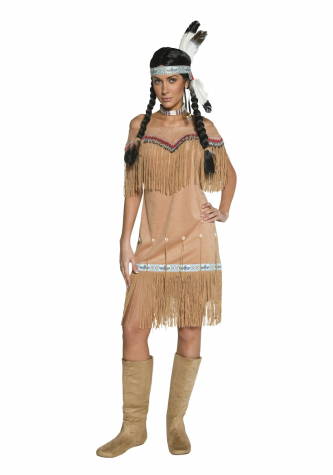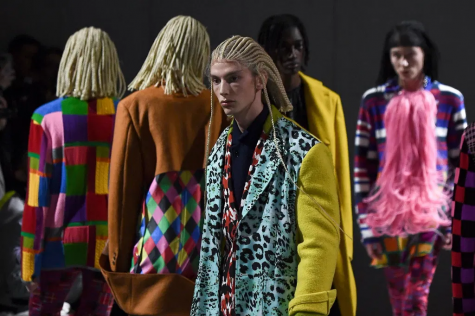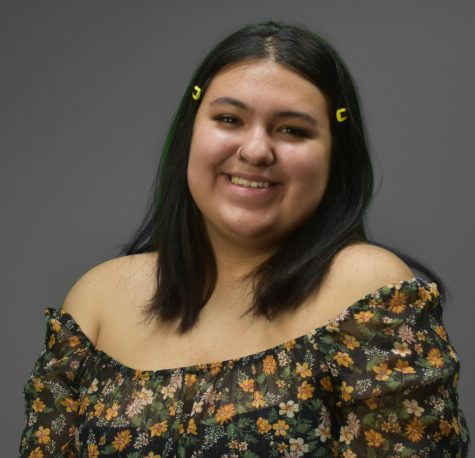Cultural Appropriation

One of the biggest issues society is facing is cultural appropriation. So, the big question the majority is asking: “What is cultural appropriation?” Well, the Oxford Dictionary defines it as, “the unacknowledged or inappropriate adoption of the customs, practices, ideas, etc. of one people or society by members of another and typically more dominant people or society.” However, what makes it appropriation is, “Taking intellectual property, traditional knowledge, cultural expressions, or artifacts from someone else’s culture without permission. It’s most likely to be harmful when the source community is a minority group that has been oppressed or exploited in other ways or when the object of appropriation is particularly sensitive,” according to the National Conference for Community and Justice. We see examples of it plastered over the internet with people wearing “sexy” kimonos, traditional Native American outfits as costumes, and non-African-Americans wearing box-braids without belonging to that culture.
As a POC (person of color), it hurts to see my culture used as Halloween costumes and be used by people who aren’t a part of it. To see people wear “Native costumes” makes it look like my culture is something to be toyed around with, or be perceived as less important. The traditional clothing of every tribe has a rich and beautiful history associated with them and to see it boiled down to a skimpy “sexy Native costume,” cuts deep. As people who know me, I am a proud Latina and when I see non-Hispanic people representing the whole with a sombrero and holding a taco isn’t even hurtful; it’s flat out racist.

The same level of hurt applies when people who aren’t African-American wear symbolic hairstyles like box braids. The hairstyle has a deep-rooted history for people who are African-American and when society sees that they have their hair like that, it becomes “ghetto,” and, “unprofessional;” and then society praises the hairstyles on caucasian models and caucasian people. Examples of this are everywhere, as society saw from the brand Comme des Garcons when they had white models wearing cornrow wigs down the runway. The bigger issue is when cultures and cultural aspects are used by celebrities and famous people, and suddenly, cultural “fashion” is popular.
Now, there is a difference between cultural appropriation and cultural appreciation, which can be defined as when one sees another culture and wants to understand, listen and learn about it without any personal motives or personal gain. To want to learn about a different culture and to be able to talk to people from those cultures is appreciation. What’s not okay is to use the culture for personal gain; that’s when it crosses the line from appreciation into appropriation. I had a friend ask me about dream-catchers and if she was allowed to have one in fear of being offensive and it was a touching moment for both of us. Learning about other people’s cultures is something that, in my opinion, should just be common sense. To me, just taking parts of other cultures for my own benefit is something that I know, but also feel is wrong. So when someone is making this decision and then goes to apologize with something like, “I didn’t know it meant something,” it sounds like nonsense. We live in a day and age where the world is at our fingertips, so the fact that they couldn’t take five minutes to search how offensive it is to wear a headdress as a non-Indigenous person doesn’t make any kind of sense.
In today’s modern age where we basically carry the world’s information at our fingertips, I personally am no longer accepting excuses that are laced with the words, “I didn’t know.” It takes about five minutes to learn if something is important or culturally symbolic, and laziness isn’t cutting it anymore. I am proud of my culture and I’m not going to let lazy people use my culture for an aesthetic picture on Instagram.






